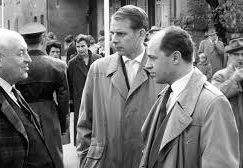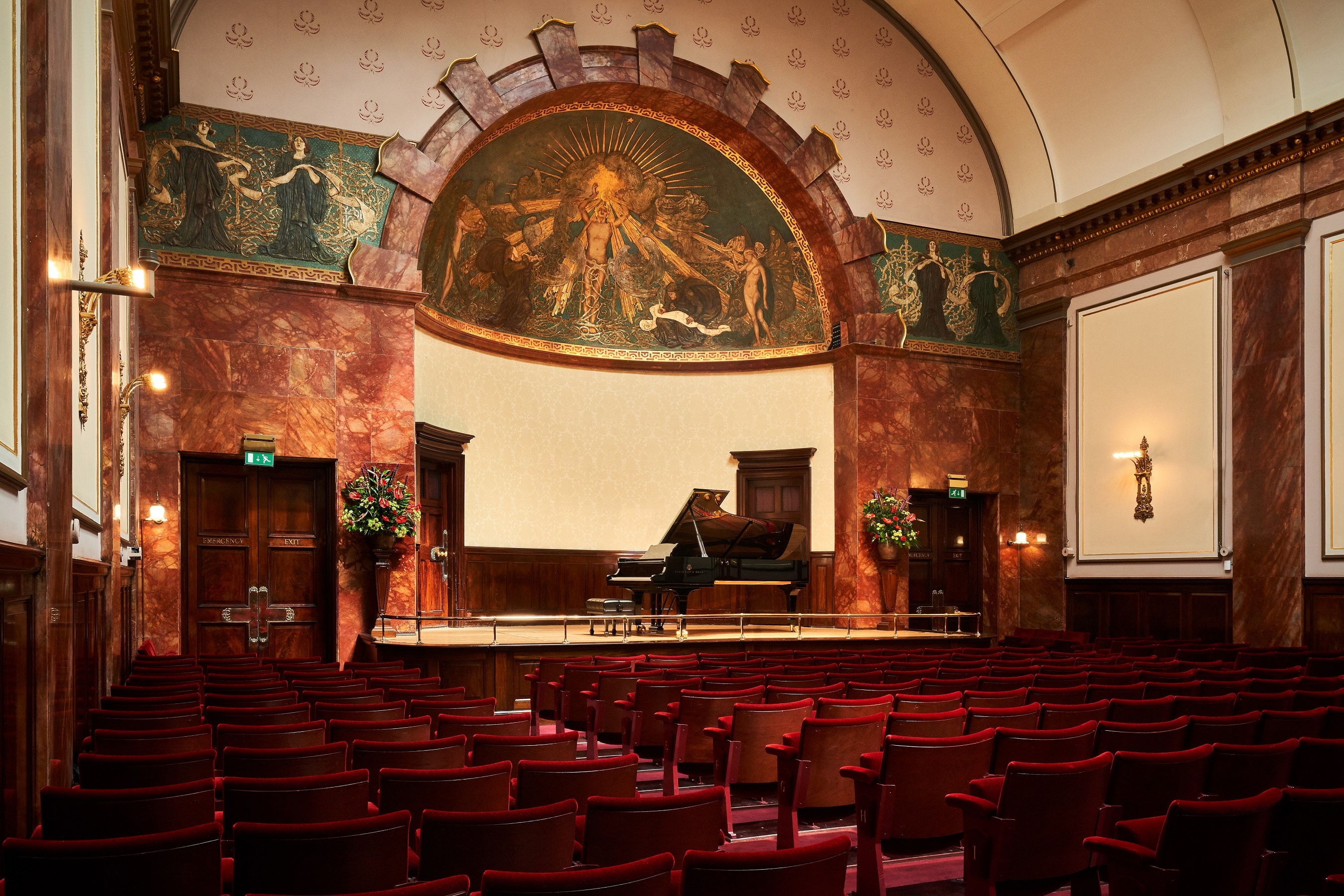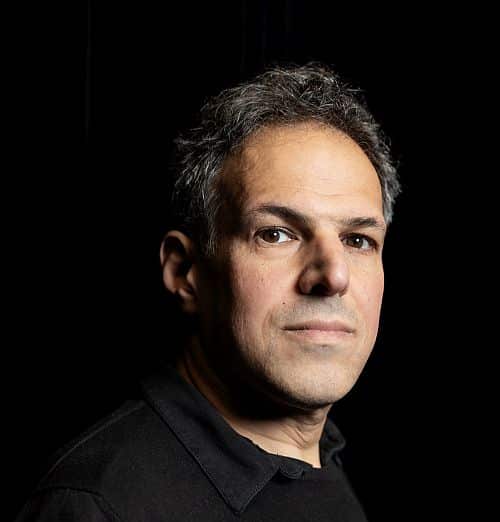Why new music is in trouble
NewsWe’ve just seen a report from Donaueschingen, the world’s oldest new music festival (if that’s not a contradiction in terms), dating back to 1921.
The festival has been fading for decades.
This year’s title was ‘Alone Together.’
The subtheme was ‘um das Verhältnis des Individuums zur Gruppe als Grundbaustein in der Kunst‘ – about the relationship of the individual to the group as a foundation stone in art’.
Now that’s marketing language for the 21st century.
Genius.
pictured: 2 late men in b/w raincoats at Donaueschingen






Comments